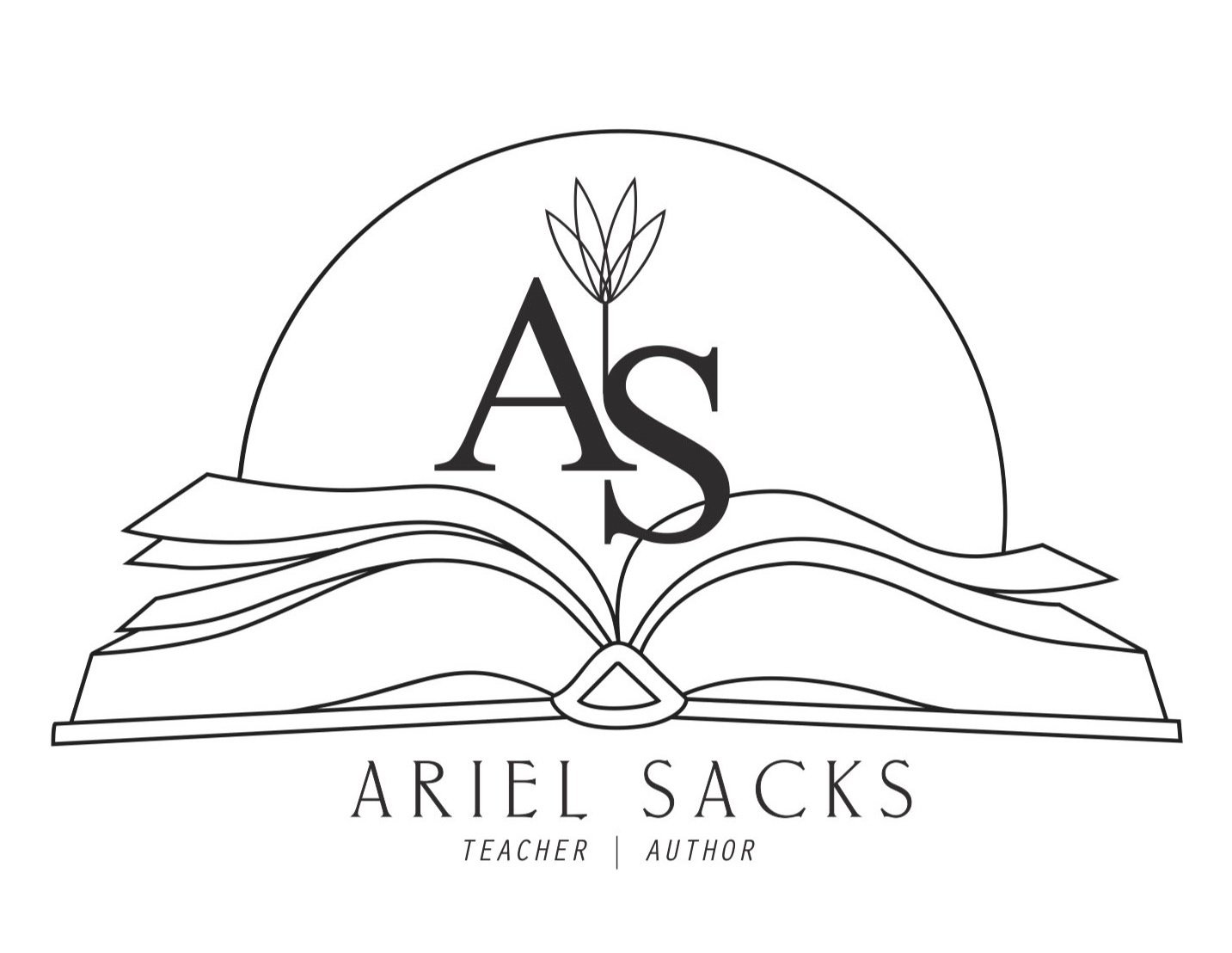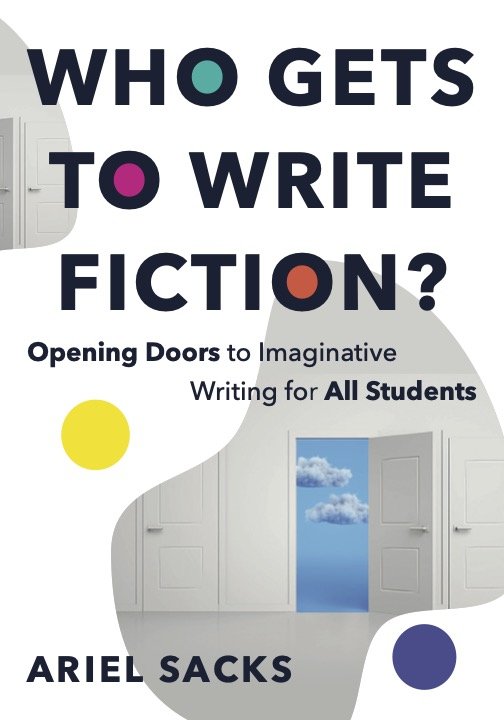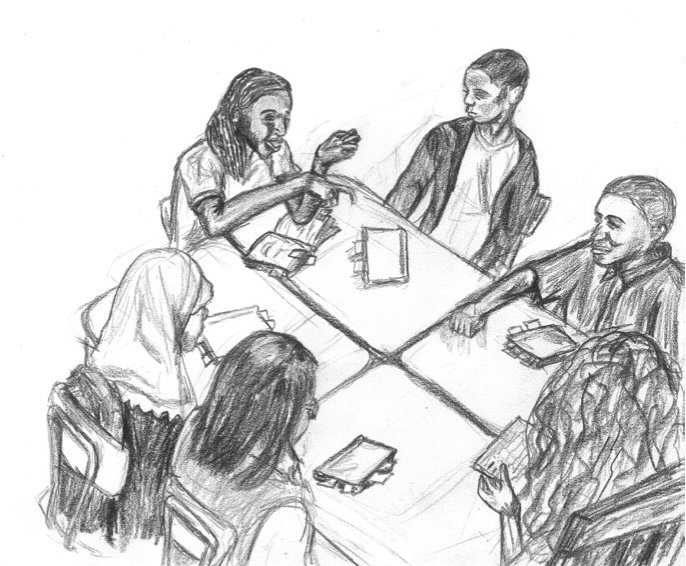I’m so excited to introduce you to…
Who Gets To Write Fiction? Opening Doors To Imaginative Writing For All Students was released in October, 2023, by W.W. Norton, and I could not be more excited to share it with you. (Order here)
I started thinking seriously about this topic seriously in 2014. It took me years of experimentation, conversation, writing—both mine and my students’—and revision to clarify the concepts and methods I was developing in my classroom. I’m ready for a much larger conversation about how we bring students into the process of writing literature as they study it. The academic benefits are mind-blowing, and the humanizing effects are desperately needed. More resources and events coming soon soon.
For today~
Check out a brand new review of the book from Stacy Haynes-Moore at Middleweb
A recent review at the TC Record from Mary Ann Cappiello
Check out these articles for a taste:
Add Imaginative Writing to Your ELA Classroom at Middleweb
Writing Fiction Motivates, in ASCD Education Leadership
Come see me at NCTE 2024 in Boston! (Nov. 21-24) More details about my presentation coming soon.
Connect with me on Facebook, Twitter, Linked In, or Instagram to receive updates.
Imaginative writing allows students to take risks in a virtual world- to be vulnerable and safe at the same time. It gives students crucial first hand experience with literary elements. It allows them to get to know one another’s imaginations… and imagine solutions to real life problems.
Endorsements
“This book has profound implications for teaching. Ariel Sacks shows us how to humanize this test-driven profession with courage, wisdom, and the gorgeous, clear writing of an accomplished storyteller. It is not just the progression of assignments from most accessible to most complex, but the articulate defense of imaginative work that is inspiring, rigorous, and necessary for the overall well-being of us all. You simply must study this book with your colleagues.
Penny Kittle, cofounder of the Book Love Foundation, author of Micro-texts: co-author of 180 Days and 4 Essential Studies
“Who Gets to Write Fiction? is a clarion call to return fiction writing to the curriculum. Sacks persuasively argues that inspiring students to write stories promotes agency, encourages risk-taking, moves writers away from dull, formulaic writing, and lends voice to students who are often marginalized. The cultivation of creativity in schools should not be a luxury, and this book provides a valuable roadmap on how to bring fiction writing back to its rightful place—your classroom. Highly recommended.”
Kelly Gallagher, author of Write Like This and Teaching Adolescent Writers, co-author of 180 Days and 4 Essential Studies
“Ariel Sacks is one of the more thoughtful and expansive thinkers around literacy that I’ve come across over the course of my career. From the outset of Who Gets to Write Fiction?, the reader recognizes the sense of the urgency with which Sacks treats literacy in her former and present students. Here’s to hoping that, with this book, more of us can incorporate fiction as imaginative dreaming in our work with students!”
José Vilson, educator, executive director of EduColor, and author of This Is Not A Test: A New Narrative on Race, Class, and Education
“This is a book I wish my own teachers had had! Ariel Sacks empowers literacy educatorsto give serious space to imaginative writing in a way that awakens academic and social–emotional learning. With concrete examples, Sacks also shows how this work can shift power dynamics between and among teachers and students. I suspect Who Gets to Write Fiction? will call many English teachers back to the heart of their choice to teach.”
Elena Aguilar, author of The Art of Coaching and Onward, Founder of Bright Morning
“As someone who has taught fiction writing and written fiction about teaching, I found so much to love about this book. It’s a thorough and useful guide that addresses the why and the how of writing fiction with students. Teaching students to read like writers will help them communicate better throughout their lives—and better enjoy the fiction they read. This book will help teachers do these things and so much more.”
Roxanna Elden, educator and author of Adequate Yearly Progress: A Novel
“Ariel Sacks provides a comprehensive playbook for ELA teachers on why and how to engage students in fiction writing. The book shares stories and practical tips for making imaginative writing accessible for all students using a framework that promotes equity and literacy. I highly recommend it for any teacher of writing.”
Starr Sackstein, COO of Mastery Portfolio and author of Hacking Assessment and many other education books.
The space to imagine and create
The space to share, discuss, and learn from one another



